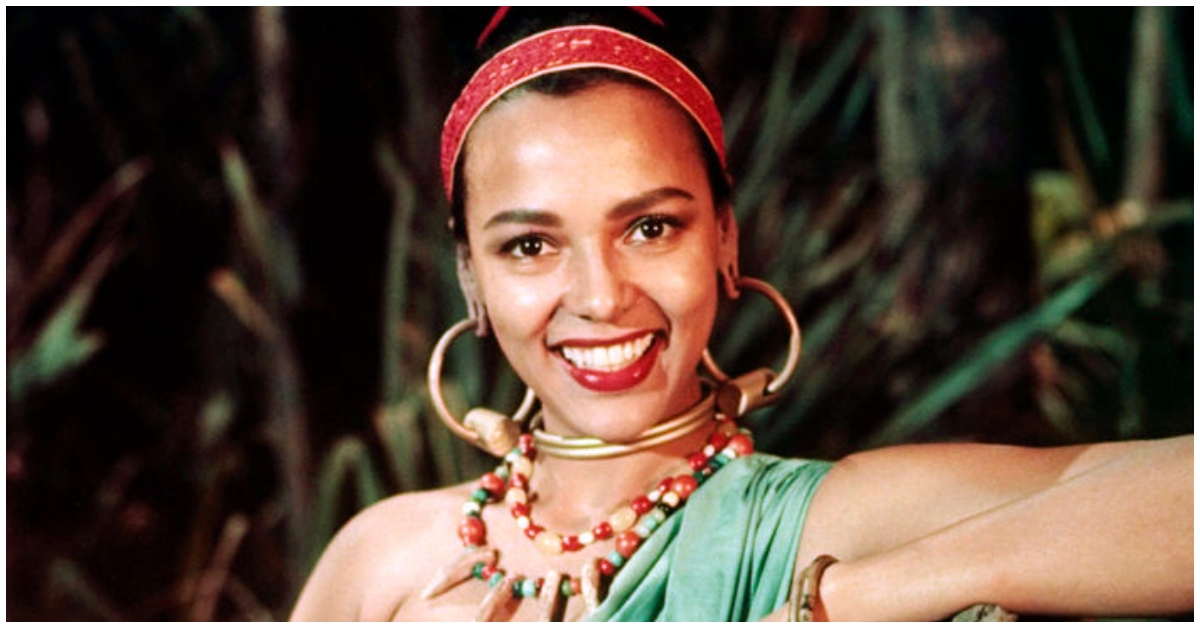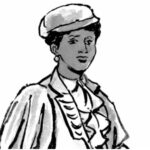Dorothy Dandridge overcame racism and adversity in her 42 years of life to achieve monumental firsts for African-American women in Hollywood.
Despite her tragic early death in 1965, Dandridge’s pioneering career and nominations for major awards opened the door for greater representation of Black talent in the entertainment industry.
Early Life and Career
Born in Cleveland in 1922, Dandridge began performing at a young age with her sister in an act arranged by her mother and caregiver. Billed as “The Wonder Children,” Dandridge toured the segregated South in the 1930s before her family relocated to Los Angeles.
As a teenager, Dandridge started getting small, uncredited film roles and also performed at famous venues like the Apollo Theater and Cotton Club.
She married dancer Harold Nicholas in 1942 and gave birth to a daughter who suffered severe brain damage during delivery. While caring for her child, Dandridge continued working as a club performer before returning to acting.
Breakout Role and Oscar Nomination
In 1954, Dandridge won widespread acclaim for her portrayal of the title role in “Carmen Jones,” a musical film based on the opera “Carmen.” She became the first African-American actress to receive an Academy Award nomination for Best Actress.
Though Grace Kelly ultimately won that year, Dandridge’s nomination was a monumental achievement that brought her immense fame. She graced the covers of major magazines and became known by some as the “black Marilyn Monroe.”
Battling Racism and Stereotypes
Despite her high-profile success, Dandridge continued to face racism and restrictive social norms in Hollywood and society. Anti-miscegenation laws and censorship rules prevented interracial relationships from being shown onscreen, limiting Dandridge’s opportunities as a leading lady.
She also had to be careful about accepting roles that upheld racist stereotypes. Dandridge turned down a part in “The King and I” because she refused to play a slave. Throughout it all, she persevered with dignity and dedication to advancing social justice.
Tragic Final Years
After starring alongside Sidney Poitier in 1959’s “Porgy and Bess,” Dandridge struggled to find more film roles. She divorced her financially abusive second husband in 1962, dealing another blow when she had to place her brain-damaged daughter in a state mental institution.
Plagued by stage fright and alcohol abuse in her final years, Dandridge died of an apparent overdose in 1965 at just 42 years old. She left behind a legacy as an extraordinarily talented performer who opened doors for the generations of Black artists who followed her.
Inspiring Future Generations
Though her story ended in tragedy, Dorothy Dandridge’s courage and perseverance in overcoming prejudice inspired many. Other prominent Black actresses, like Halle Berry, have paid tribute to Dandridge’s trailblazing career.
When Berry became the first African-American woman to win the Academy Award for Best Actress in 2002, she movingly honored Dandridge in her acceptance speech.
Dandridge proved just how much Black performers could achieve – and she paved the way for the greater representation and success stories seen today.





